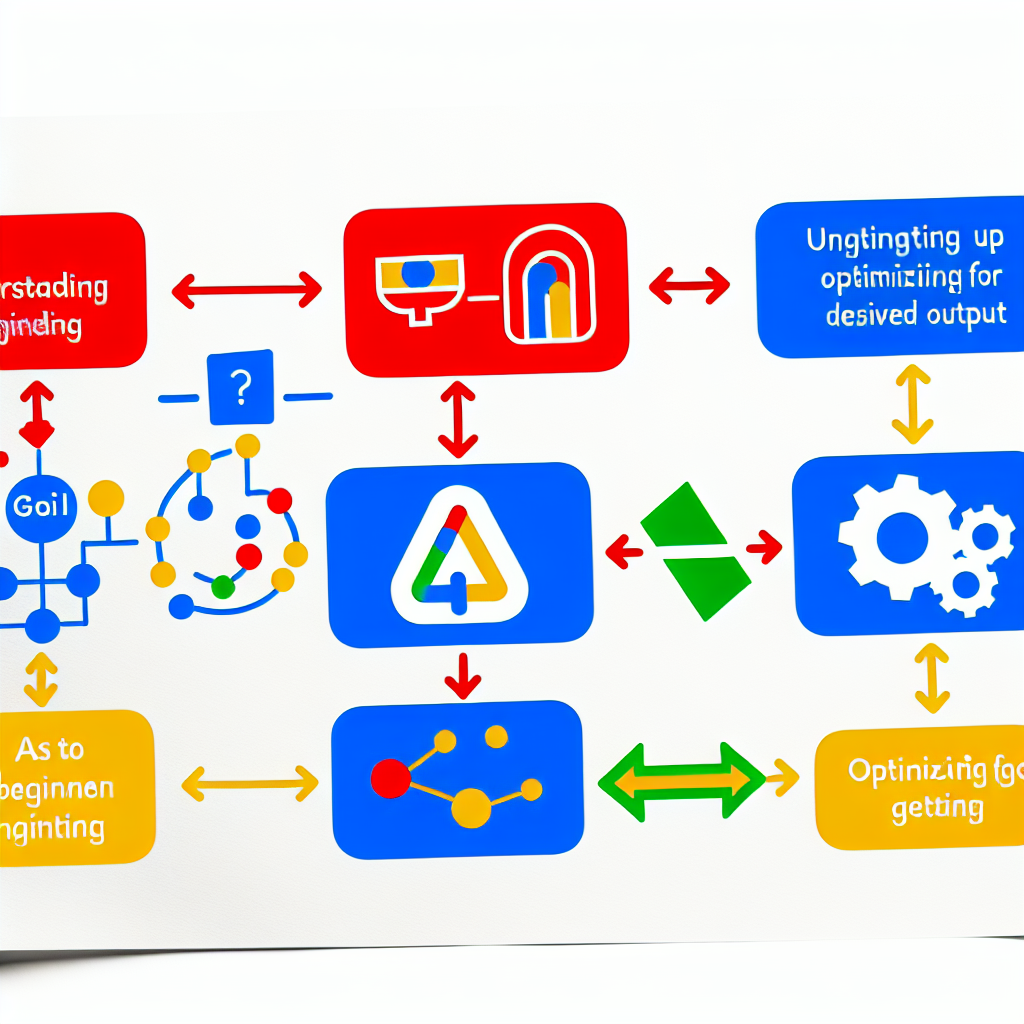How AI is Reshaping C-Suite SEO Strategy in 2024
In the continuously evolving landscape of digital marketing, artificial intelligence (AI) has rapidly emerged as a disruptive force, especially within the domain of search engine optimization (SEO). For C-suite executives—including CMOs, Chief Digital Officers (CDOs), and SEO Directors—understanding the strategic implications of AI-driven technologies has never been more critical. AI is not merely an enhancement to existing SEO tactics; it is entirely reshaping the methodology, execution, and analytics surrounding organic search performance.
AI-Powered Content Creation: Redefining Relevance and Speed
AI’s ability to create and optimize content has led to a paradigm shift in how enterprise teams approach their editorial calendars. GPT-4, for example, can quickly generate drafts that match user intent while respecting tone, industry standards, and compliance guidelines.
Through semantic analysis, AI aligns content with what search engines value most: depth, structure, and experience-based insights. This empowers teams to scale quality content faster while directly supporting strategies that improve topical authority and engagement metrics.
Predictive Analytics for Proactive SEO Strategy
Rather than responding to changes in user behavior or algorithm updates after the fact, C-suites can now take a forward-facing approach through predictive AI. AI detects organic search trends and keyword surges before they peak, giving businesses the edge in content priming and campaign readiness.
AI tools can also identify gaps in a competitor’s strategy—such as underoptimized site structures or missed content opportunities—allowing your business to capitalize swiftly. These insights allow for agile decision-making and long-term strategic planning that minimizes risk and boosts SERP dominance.
Smarter Technical SEO with AI-Augmented Audits
Technical SEO—a backbone of digital performance—is also being transformed by AI. Tools using machine learning can now identify and automatically flag crawl errors, broken links, page load issues, or schema misconfigurations.
TensorFlow-powered Google AI even allows businesses to optimize multimedia content to better align with ranking factors. By applying AI to image labeling, video indexing, and document tagging, C-suites can ensure high-performing rich media assets across multiple platforms.
NLP and Sentiment Analysis: The New Cornerstone of UX-driven SEO
Natural Language Processing (NLP) tools, such as those embedded in Google’s BERT and MUM updates, are closer than ever to understanding human search behavior. These changes require marketers to move from basic keyword targeting to entity-based and semantic SEO strategies.
IBM Watson’s sentiment analysis capabilities help brands deliver content that resonates emotionally and tonally with the audience—ultimately increasing click-through rates, time on site, and positive brand perceptions.
AI-Enhanced Link Building: Smarter Authority, Better ROI
Trust and authority are major ranking drivers, and link building continues to be a crucial yet time-consuming element of SEO. AI is now streamlining this process by identifying high-potential domains, relevant content angles, and outreach timing with precision.
Tools like Respona are leading the charge by incorporating past outreach success data along with content relevance and domain metrics to optimize every link-building campaign. This means higher success rates, reduced outreach fatigue, and a backlink profile that aligns seamlessly with Google’s E-E-A-T criteria.
Enterprise Adoption: Lessons from Healthcare to Global Tech
Industries like healthcare and medical publishing are already leveraging AI to deliver highly optimized, factual, and empathetic online experiences. The Mayo Clinic uses AI to track search trends, structure medical answers clearly, and ensure content always reflects the most up-to-date knowledge—all while boosting SEO performance.
This sector-wide digitization illustrates that AI-driven SEO is not a theory—it’s a proven practice with measurable impact across enterprise verticals.
Final Thoughts: For the C-Suite, AI is the New Strategic Imperative
As we navigate 2024, AI is no longer optional in enterprise SEO strategy—it is essential. Its applications transcend basic automation, offering predictive insights, smarter content creation, and a more intimate understanding of user behavior and search intent.
For the forward-thinking C-suite, aligning SEO strategy with AI capabilities will not only ensure higher SERP rankings but also future-proof brand relevance in an ecosystem where algorithms continuously evolve. The leaders who adopt AI early—and wisely—will set a new standard for organic visibility and digital growth in the years to come.
References
– [Journal of Information Science – NLP in Digital Content Accuracy](https://journals.sagepub.com/home/jis)
– [MIT Sloan Management Review – The Business Value of AI](https://sloanreview.mit.edu/article/the-business-value-of-ai-in-digital-marketing/)
– [Mayo Clinic AI Initiatives](https://www.mayoclinic.org/)
– [Google Cloud AI and TensorFlow Tools](https://cloud.google.com/products/ai/)
– [IBM Watson Natural Language Understanding](https://www.ibm.com/watson/services/natural-language-understanding/)
– [Respona AI-Powered Link Building](https://respona.com/features/link-building/)
Summary:
The article discusses how artificial intelligence (AI) is transforming enterprise search engine optimization (SEO) strategy in 2024. It highlights key ways AI is reshaping content creation, predictive analytics, technical SEO, natural language processing, and link building – providing C-suite executives with a strategic roadmap for adopting these transformative technologies. The article draws insights from real-world case studies in healthcare and global tech to demonstrate the proven impact of AI-driven SEO.

Dominic E. is a passionate filmmaker navigating the exciting intersection of art and science. By day, he delves into the complexities of the human body as a full-time medical writer, meticulously translating intricate medical concepts into accessible and engaging narratives. By night, he explores the boundless realm of cinematic storytelling, crafting narratives that evoke emotion and challenge perspectives.
Film Student and Full-time Medical Writer for ContentVendor.com
